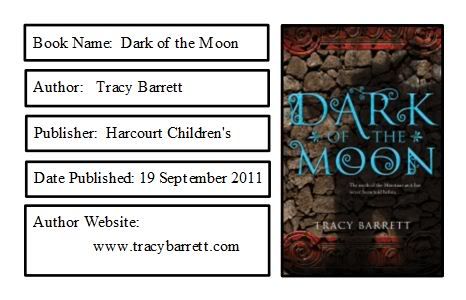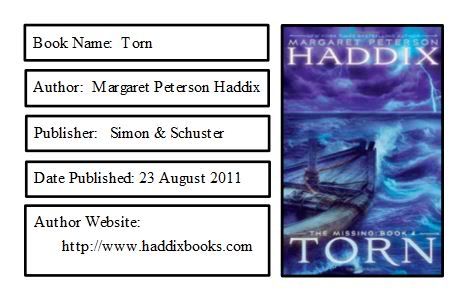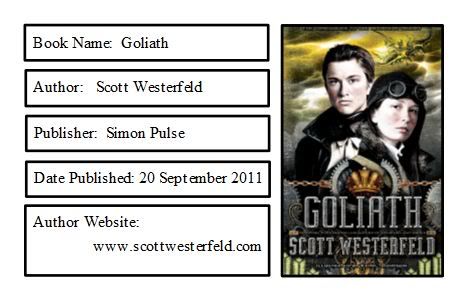Seventeen-year-old Ismae escapes from the brutality of an arranged marriage into the sanctuary of the convent of St. Mortain, where the sisters still serve the gods of old. Here she learns that the god of Death Himself has blessed her with dangerous gifts—and a violent destiny. If she chooses to stay at the convent, she will be trained as an assassin and serve as a handmaiden to Death. To claim her new life, she must destroy the lives of others.
Ismae’s most important assignment takes her straight into the high court of Brittany—where she finds herself woefully under prepared—not only for the deadly games of intrigue and treason, but for the impossible choices she must make. For how can she deliver Death’s vengeance upon a target who, against her will, has stolen her heart?
The blurb to this book sounded awesome, so I went in with high hopes. I don't want to say that my hopes were dashed, exactly, but they weren't exceeded. Perhaps the premise of assassin nuns is just so awesome that nothing can totally meet it.
The characterization in this book is good. I felt a connection with Ismae and her confusion, logical workings, and her heartbreak over her job. Through her eyes we meet a vast cast of characters that all seem individualized and realized, with motivations that follow through to actions. The pacing started off slow, and was a little jarring at the beginning (it switches from "we want to make you an assassin" to "you're an assassin now" with only a chapter break), but towards the middle it picked up speed and really became the book of court intrigue. I saw the romance coming miles away but it still felt natural and logical. I did not see the big villain twist coming and yet it still felt like it fit with the book and the characters.
Now, the things I didn't like. There was a lot of "story" to this book, especially the first part. I felt like I was being told a lot of stuff without evidence to back it up. For example, I was told "Ismae is now an assassin" without seeing much of her training or her relationships growing with her fellow nuns and superiors. The book gets better as it goes on, but there is still a lot of telling going on. I also felt that the worldbuilding was a little suspect when it came to the nuns and their world. Perhaps that is because we spend so little time there, but it felt as if details about the nuns' beliefs only came up when they were necessary, not planted chapters before, which makes things seem a little contrived.
In all, I think this was a great but not amazing book. Perhaps I am jaded by all the amazing court intrigue books that have come out this year, but it just didn't click with me like some others did. It certainly wasn't a waste of time, though, and I'd highly recommend it over many other books.




